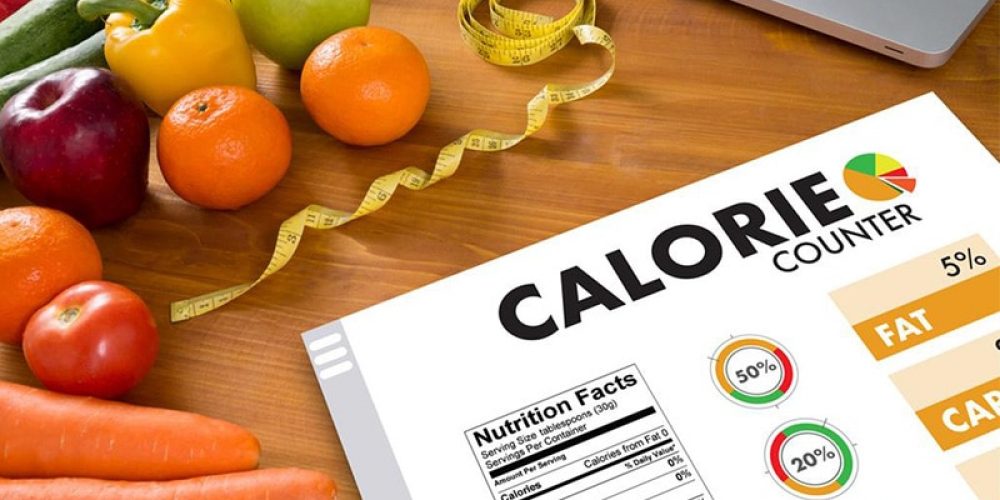Calories in-Calories out
Every now and then we get to see the newest, trendiest diet. Diet culture never stops.
I bet you that as you were growing up, you heard at least once about someone doing the “new diet” that was praised to be a miracle. From the points system, magic pills, cabbage soup, drinking “oat water”, drinking a popular brand’s smoothies, to our days’ keto and paleo diets…
All of those share one thing in common: they became trendy because they promised to give you the weight loss you wanted so desperately.
So, the CICO diet that’s now becoming trendy on sites like Reddit is a new one that adds to the everlasting list.
This new diet, that seems revolutionary to some people, is actually rooted in the most basic weight loss logic. That’s why we should discuss it, to see how it actually works, and whether or not it is a good idea to follow it.
Calorie deficit: the backbone of weight loss
Standing for “Calories in-Calories out” the CICO diet’s proposal is very simple: you need a certain amount of calories to make your body function. If you eat less calories than what you need, you lose weight. Easy as that.
How does this work?
Calories are fuel units, the fuel that your body needs to make all of its functions, meaning that we burn calories, like cars do with gas.
We all have a different amount of calories that we need daily; when we eat more calories than we need and we don’t burn them, the body stores that excess as body fat.
On the other hand, when we take less calories than we need; or exercise to a point where we burn more calories than what we have eaten, we lose weight. This is called calorie deficit.
However, it’s important to point out that calorie deficit doesn’t hold well in time. You can’t lose weight constantly, you need to reach a point where you hit your goal and go back to the calorie intake your body needs.
According to this, the CICO diet is just your regular calorie deficit, now with a fancy name. Even though the science behind it is more than obvious, there are a lot of things that these websites aren’t saying; and there lies the issue.
Is not just about calories…
Calorie deficit may be the basis of weight loss, but there’s much more to unpack.
By just focusing on eating less calories, you could lose weight by just eating Oreos. Seriously.
Let’s say you just eat 1,000 calories per day (Considering the average adult should take 2,500 calories per day), only eating chocolate cookies. Yes, you lose weight, but what about your sugar blood levels? Or your stomach’s health?
The body absorbs calories in different ways. Moreover, the body absorbs calories from the same food in different ways, depending on how processed the food is.
Also, calories are not the only thing that counts in terms of what your body absorbs. Macronutrients are key components that your body needs for all kinds of body functions.
All of this means that, even though you can lose weight by decreasing your calorie intake; that doesn’t mean it’s a healthy way to do so.
What you need to consider
1- You can learn to make healthier decisions
Meaning that you can learn to pick foods that give you better-quality calories, like choosing to snack a whole orange instead of drinking a glass of orange juice, which has more calories than one orange and contains way more sugar. You can also understand how carbs, proteins and fat in food help you feel more satisfied, so you don’t eat in excess.
2- Even though you can get something positive from this diet, the line between calorie counting and obsessive behavior is extremely thin:
Calorie counting can become an obsession, as it is not a natural way of seeing/consuming food. People that are prone to obsessive behaviours or eating disorders can cross the line easily.
3- You can easily fall into restrictive eating, something that never ends well:
Restrictive eating can end up in health problems or a reverse effect. Depriving yourself from a certain amount of food can lead to dangerous situations. It’s never a good idea to put a punishment on food.
Final thoughs
The CICO diet is not offering something revolutionary, it’s just promoting basic calorie deficit. On one side, it can help people lose weight, but on the other side, it could lead to many problems, especially when people start the diet with no professional supervision.
It’s important to know that calories are a very arbitrary subject. The amount of calories you get to know is not an exact number, especially when you get your “daily calories needed” out of the internet and not from a specialist.
If weight loss is your goal, you should always start off by asking a professional nutritionist to guide you towards the process, they will take care of your needs and design a meal and exercise plan that you can fulfill and maintain in the long run.
Checkout: Create A Calorie Deficit In 2 Steps









Comments 0